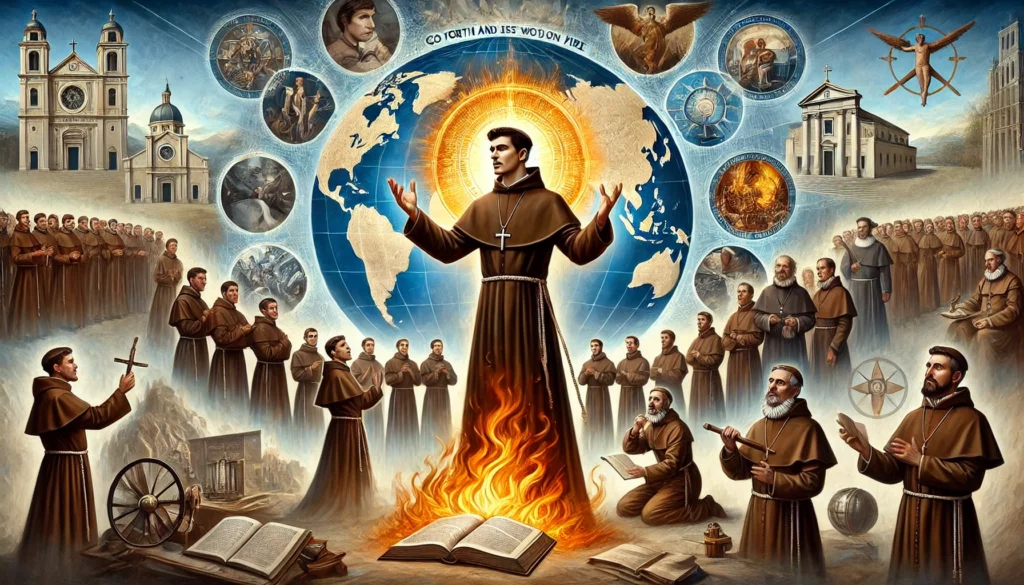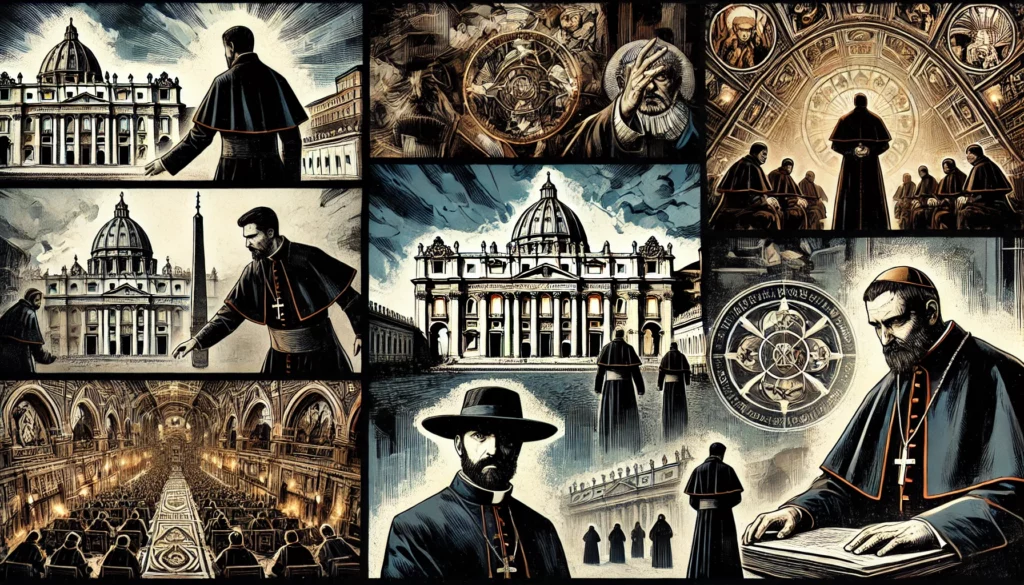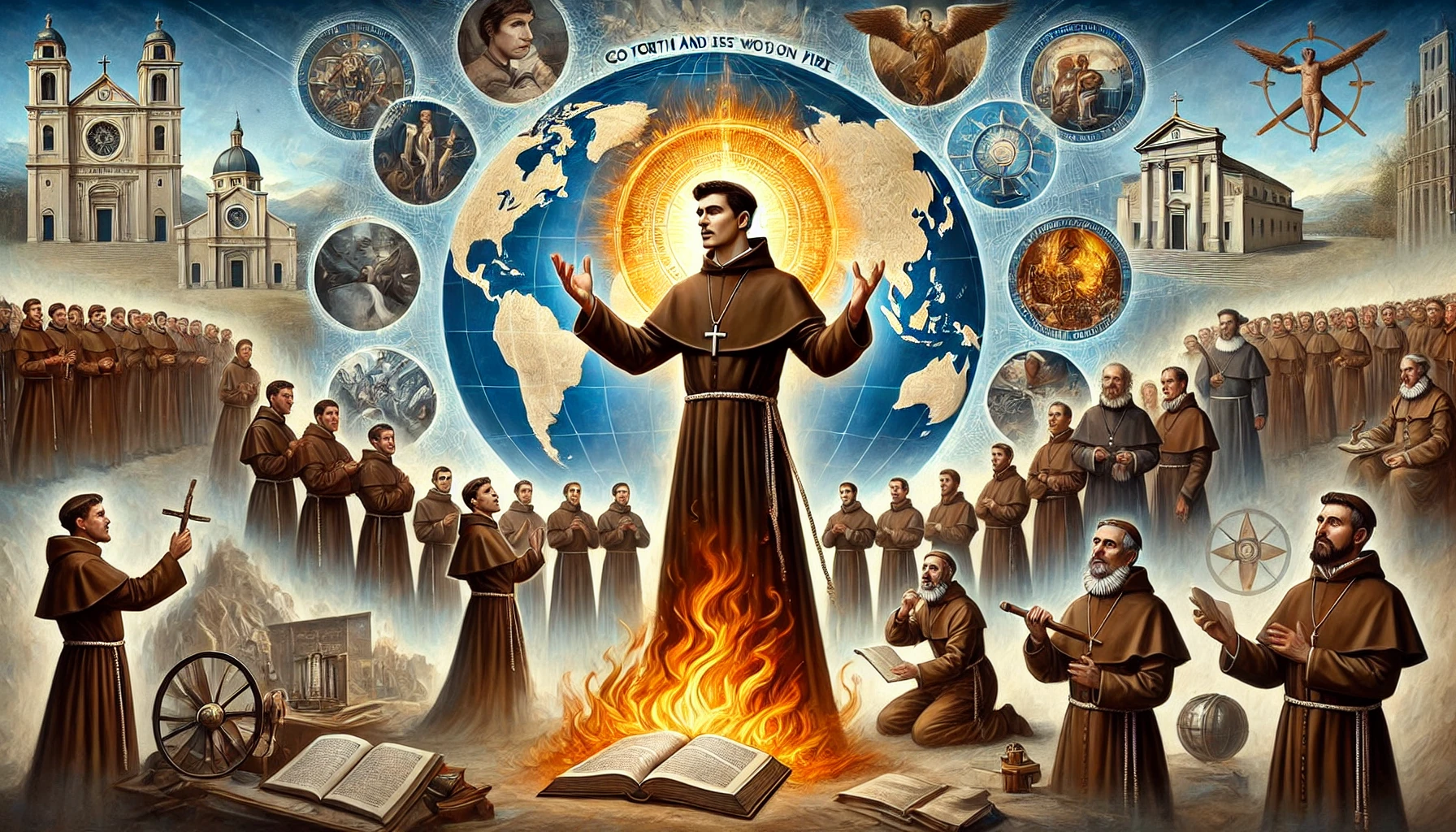Go forth and set the world on fire – Jesuits and Raytheon – Raytheon and DEW
“Maybe there is a deeper reason why all the wild ‘phyres’ lately?”
“They hide, scheme, manuever in our shadows.”
Jesuit-controlled Raytheon, Lockheed Martin, L3 Harris
BELOW: ERIC777 youtuber research showing Jesuits control DEW military weapons makers Raytheon, Lockheed Martin, L3 Harris —
“The majority of [Raytheon’s] top executives went to Jesuit schools…even the CEO, Thomas Kennedy, is on the Board of Directors at the Jesuit Boston College Chief Executives Club.”
Jesuit schooled Dr Mark Esper, Secretary of Defense, was board member of Raytheon.
“Lockheed Martin and L3 Harris Technologies just as controlled by the Jesuits as Raytheon is.” ~ 2:50 in
Jesuit schooling
Specific associations of Raytheon executives to Jesuit schooling, including those related to former Secretary of Defense Mark Esper:
- Anthony “Toby” O’Brien:
- Education: Boston College (Jesuit institution)
- Role: Former Vice President and Chief Financial Officer at Raytheon, overseeing mergers and acquisitions, including the merger with United Technologies (Reddit).
- M. David Wilkins:
- Education: Loyola Law School in Los Angeles (Jesuit institution)
- Role: Vice President of Contracts and Supply Chain at Raytheon, responsible for corporate policy, risk review processes, and supply chain management (Reddit).
- Kevin G. DaSilva:
- Education: Georgetown University (Jesuit institution)
- Role: Vice President and Treasurer at Raytheon, managing corporate debt and equity issuance, international customer financing, and global cash management (Reddit).
- Mark Esper:
- Education: West Point (not a Jesuit institution), Harvard University (Master’s in Public Administration), George Washington University (Ph.D. in Public Policy)
- Role: Former Vice President of Government Relations at Raytheon. He was responsible for lobbying and government relations. He later served as the U.S. Secretary of Defense and the Secretary of the Army (Wikipedia) (McCain Institute) (Washington Examiner).
Several executives have attended Jesuit institutions, including Boston College, Loyola Law School, and Georgetown University.
Jesuit Motto
The quote “Go forth and set the world on fire” is often attributed to St. Ignatius of Loyola, the founder of the Jesuit order, rather than Teilhard de Chardin. St. Ignatius is known for this exhortation, which reflects the Jesuit spirit of mission and zeal.
Teilhard de Chardin, a Jesuit priest, paleontologist, and philosopher, focused much of his work on the integration of science and faith, emphasizing the concept of the Omega Point and the evolutionary process as a spiritual journey towards unity with the Divine.
If you’re looking for a quote directly from Teilhard de Chardin, one of his famous sayings is: “We are not human beings having a spiritual experience; we are spiritual beings having a human experience.” This reflects his belief in the profound interconnectedness of all life and the spiritual dimension of human existence.

Zeal
The quote “Go forth and set the world on fire” is commonly attributed to St. Ignatius of Loyola, the founder of the Jesuit order. However, pinpointing its exact original source in his writings or speeches is challenging. The phrase encapsulates the missionary zeal and spirit of transformation that St. Ignatius emphasized for the members of the Society of Jesus (Jesuits). It reflects the call to spread the Christian faith and make a significant impact on the world.
St. Ignatius’s teachings and letters frequently encouraged enthusiasm, dedication, and transformative action, which aligns with the sentiment of the quote. One of his well-documented letters to Jesuits, particularly those leaving for missions, often contained similar encouragements to be passionate and proactive in their endeavors.
While the exact text “Go forth and set the world on fire” may not be directly found in his surviving written works, it effectively summarizes his fervent guidance and the spirit he sought to inspire in his followers.

Jesuits formed to “counter” Protestant Reformation
Yes, the Jesuits, formally known as the Society of Jesus, were indeed established to counter the Protestant Reformation. The Jesuit order was founded by Ignatius of Loyola in 1540, during a time when the Protestant Reformation was significantly challenging the authority and practices of the Roman Catholic Church. The primary goals of the Jesuits included reforming the Church from within, defending Catholicism against Protestant criticisms, and promoting the spread of Catholic education and missionary work.
Here are some key points about the Jesuits and their role in countering the Reformation:
- Foundation and Purpose: Ignatius of Loyola founded the Society of Jesus with the specific aim of defending and propagating the Catholic faith during a period of intense religious conflict. The Jesuits emphasized rigorous education, spiritual discipline, and active missionary work to restore the influence of the Catholic Church.
- Education: One of the main strategies of the Jesuits was to establish schools, colleges, and universities across Europe and beyond. They focused on providing a high-quality education that was both deeply rooted in Catholic theology and inclusive of humanistic studies. This educational network became a crucial tool in the Catholic Counter-Reformation.
- Missionary Work: The Jesuits were heavily involved in missionary activities, both within Europe and in overseas territories. They aimed to convert non-Christians to Catholicism and to bring back those who had converted to Protestantism. Notable Jesuit missionaries, such as Francis Xavier, played key roles in spreading Catholicism in Asia and other parts of the world.
- Spiritual Exercises: Ignatius of Loyola’s “Spiritual Exercises” became a fundamental text for the Jesuits, emphasizing personal piety, spiritual renewal, and active engagement in the world. This work helped to shape the spiritual and intellectual framework of the Counter-Reformation efforts.
- Political Influence: The Jesuits often served as advisors to Catholic rulers and were involved in political and diplomatic efforts to counter Protestant influence. They used their positions to promote policies that favored Catholicism and opposed the spread of Protestantism.
Sources:
- History.com: Jesuit Order
- Britannica: Society of Jesus
- PBS: The Jesuits
The Jesuits’ efforts were instrumental in the Catholic Counter-Reformation, which sought to reform the Church internally and reclaim territories and followers that had turned to Protestantism.
America largely a Protestant nation
Yes, the United States has historically been a predominantly Protestant nation, both in terms of its religious composition and its cultural and political influences. Here are some key points highlighting this:
Historical Context
- Colonial Foundations: Many of the original thirteen colonies were founded by Protestant groups seeking religious freedom, such as the Puritans in Massachusetts, the Anglicans in Virginia, and the Quakers in Pennsylvania. These groups established communities with strong Protestant values and practices.
- Source: Library of Congress
- Religious Demographics: Throughout much of American history, Protestant denominations have constituted the majority of the population. During the colonial period and into the early years of the republic, Protestantism was the dominant faith tradition.
- Source: Pew Research Center
Present-Day Context
- Current Demographics: As of recent surveys, Protestantism remains the largest religious group in the United States, though its proportion has been declining in recent decades due to the rise of religiously unaffiliated individuals and other religious groups.
- Source: Pew Research Center
- Cultural and Political Influence: Protestant values have significantly shaped American culture, politics, and institutions. Many of the nation’s early educational institutions, such as Harvard and Yale, were founded by Protestant groups. Additionally, Protestant ethics, such as the emphasis on individualism and hard work, have been influential in shaping American identity.
- Source: PBS
Notable Protestant Influence
- Education and Institutions: Many of the earliest and most prestigious universities in the U.S. were founded by Protestant denominations. For example, Harvard University was established by Puritans in 1636, and Princeton University was founded by Presbyterians in 1746.
- Source: Harvard University
- Political Leaders: Historically, a significant number of American presidents and other political leaders have identified as Protestant. This has included a variety of denominations such as Episcopalian, Presbyterian, Baptist, and Methodist.
- Source: Pew Research Center
Changing Landscape
- Religious Diversity: While Protestantism remains the largest religious affiliation, the U.S. is increasingly religiously diverse. The percentage of Americans identifying as Protestant has been declining, with a growing number of people identifying as religiously unaffiliated (often referred to as “nones”), as well as an increase in other religious traditions such as Catholicism, Islam, Hinduism, and Buddhism.
- Source: Pew Research Center
- Secularization: The trend towards secularization and the increase in the religiously unaffiliated has been significant in recent years, leading to a more pluralistic society where Protestantism no longer holds as dominant a position as it once did.
- Source: Pew Research Center
In summary, while the United States has historically been and continues to be influenced by Protestantism, the religious landscape is becoming increasingly diverse, with a notable rise in secularism and other religious traditions.
